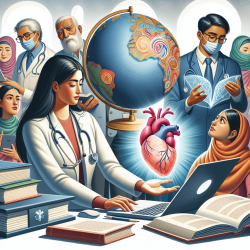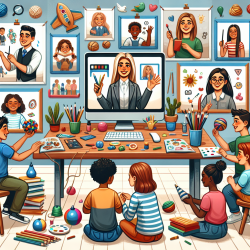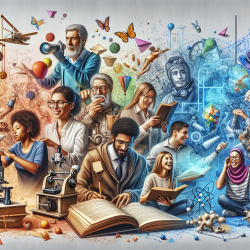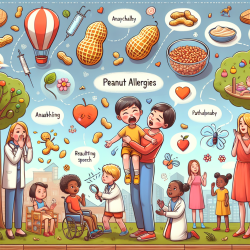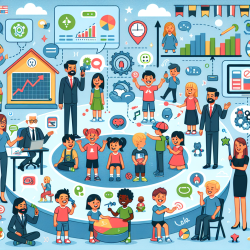Introduction
In an increasingly interconnected world, the intersection of cultural beliefs and medical practices is a topic of profound importance. The research article titled "The moral code in Islam and organ donation in Western countries: reinterpreting religious scriptures to meet utilitarian medical objectives" provides a thought-provoking analysis of how religious beliefs, particularly in Islam, can influence medical practices such as organ donation. This blog post aims to explore how practitioners can enhance their skills by understanding and implementing the outcomes of this research, while also encouraging further exploration into the subject.
Understanding the Cultural Context
Organ donation is a practice that saves countless lives, yet it is fraught with ethical, legal, and cultural challenges. For practitioners, especially those working with diverse populations, understanding these challenges is crucial. The research highlights that in Islam, the definition of death and the process of organ donation are subjects of significant debate. This is largely due to the religious scriptures and interpretations by faith leaders, which often act as barriers to organ donation in Muslim communities.
Reinterpreting Religious Scriptures
The article suggests that one way to overcome these barriers is by reinterpreting religious scriptures. However, this approach must be handled with sensitivity and respect for the religious beliefs of the community. Practitioners can improve their skills by engaging with religious leaders and scholars to gain a deeper understanding of the cultural and religious contexts. This collaboration can lead to more culturally sensitive medical practices that respect the beliefs of Muslim patients while promoting organ donation.
Encouraging Dialogue and Education
Education plays a pivotal role in bridging the gap between cultural beliefs and medical practices. Practitioners can facilitate workshops and seminars that include religious leaders, medical professionals, and community members. These platforms can serve as a space for open dialogue, where concerns about organ donation and religious beliefs can be addressed. By fostering an environment of mutual respect and understanding, practitioners can encourage more informed decision-making among patients and their families.
Utilizing Media Campaigns
The research also highlights the potential of media campaigns in changing perceptions about organ donation. Practitioners can collaborate with media professionals to create culturally sensitive campaigns that educate the public about the benefits of organ donation, while also respecting religious beliefs. These campaigns should aim to provide comprehensive information that addresses common misconceptions and highlights the compatibility of organ donation with religious values.
Legal and Ethical Considerations
Practitioners must also be aware of the legal and ethical considerations surrounding organ donation. The research points out that the current medical criteria for determining death can be scientifically ambiguous, leading to ethical dilemmas. Practitioners should stay informed about the latest developments in medical ethics and engage in continuous professional development to ensure that their practices align with both legal standards and the ethical expectations of the communities they serve.
Conclusion
The intersection of cultural beliefs and medical practices is a complex and sensitive area that requires careful navigation. By understanding the cultural context, engaging in dialogue, and utilizing educational and media resources, practitioners can improve their skills and provide more culturally competent care. This not only enhances the effectiveness of medical practices like organ donation but also fosters trust and respect between medical professionals and the communities they serve.
To read the original research paper, please follow this link: The moral code in Islam and organ donation in Western countries: reinterpreting religious scriptures to meet utilitarian medical objectives.
